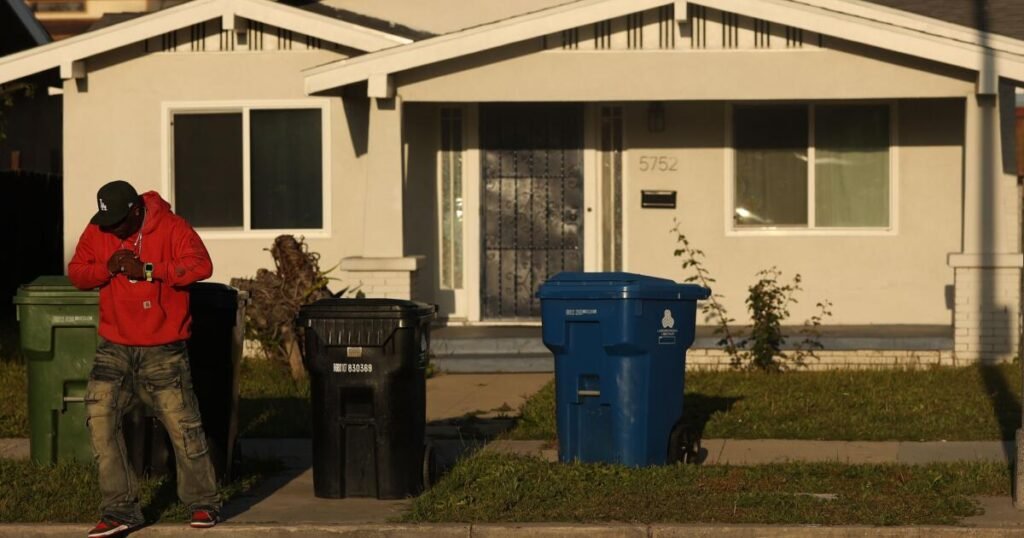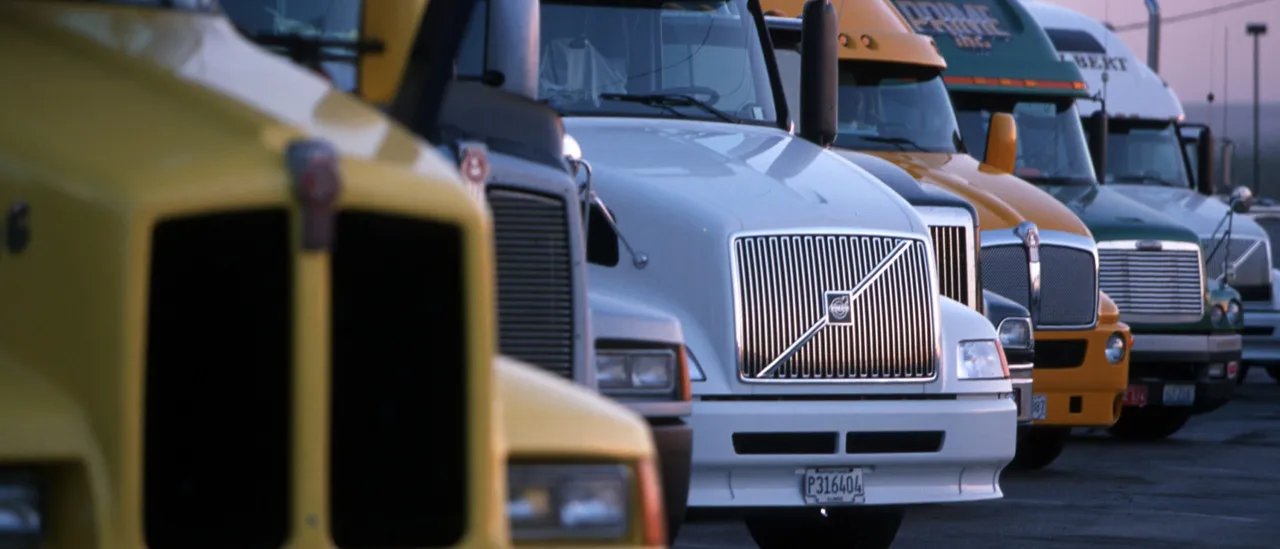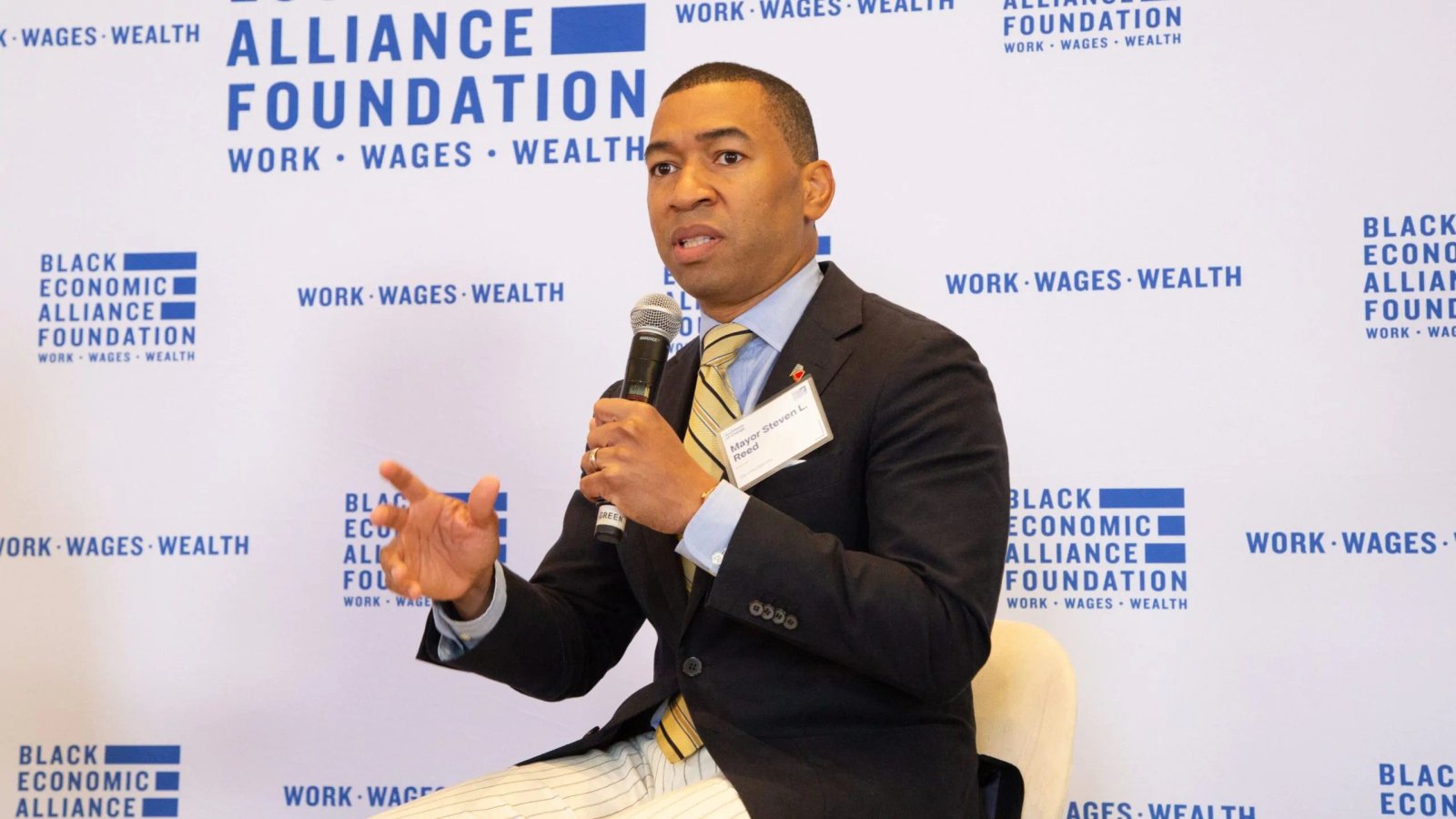Residents in Los Angeles are set to face a significant increase in their trash pickup fees after a City Council vote on Tuesday aimed at addressing a serious financial crisis.
The city’s trash program has relied on heavy subsidies, costing around $500,000 daily. Earlier this year, officials indicated that addressing a nearly $1 billion budget deficit was becoming untenable, mainly due to the financial challenges plaguing the city.
According to City Administrator Matt Sabo, the long-term subsidies have been a considerable factor contributing to this ongoing deficit.
“This should’ve been resolved a while back,” Sabo remarked. “Without this rate increase, we would be looking at a subsidy surpassing $200 million this year.”
It’s been 17 years since the last adjustment to trash fees, and a state law introduced in 2016 concerning organic waste has significantly raised operational expenses. Wage increases for city sanitation workers and spikes in equipment costs have also added to expenses.
When new rates are implemented, likely in mid-November, residents living in single-family homes or in apartments of four units or fewer will be charged $55.95 per month per unit.
This marks a steep rise from the previous $24.33 for triplexes and fourplexes, and an increase of nearly 50% from the $36.32 previously charged for single-family homes and duplexes.
Residents sort their waste into black bins for regular trash, blue bins for recycling, and green bins for organics. However, larger apartment buildings will not see these changes, as their waste collection is handled through a different program.
Moreover, fees are expected to rise by an additional $10 over the next four years.
By next year, the fee adjustments will align more closely with the actual cost of trash services, settling at levels just below what residents pay in nearby cities like Long Beach and Pasadena.
Nevertheless, for many in L.A., these new fees could feel overwhelmingly burdensome, especially alongside rising insurance premiums, rent, and grocery costs. There will be reduced rates available for eligible low-income residents through city assistance programs.
The City Council passed the increase with a 12-2 vote, with Councilors Monica Rodriguez and Adlin Nazarian opposing the measure.
Additionally, the council recently approved hikes in parking meter prices and operating hours.
“After endorsing a $2.6 billion expansion of the convention center, it seems unreasonable to expect residents to shoulder more costs for essential services like garbage collection,” was the sentiment expressed by some council members.
Numerous factors contributed to the city’s financial woes that became more apparent during budget discussions earlier this year, including below-expected tax revenue, legal debts, and considerable raises for city employees.
When Mayor Karen Bass first proposed her budget in the spring, there was even discussion of laying off over 1,600 city employees. However, they managed to avoid those cuts through various cost-saving initiatives.
Tuesday’s conclusive vote on the trash fees came nearly six months after the council’s preliminary approval of the plan.
The situation has grown increasingly complicated due to Proposal 218, a 1996 regulation intended to complicate local governments’ ability to raise taxes and fees. In compliance with its stipulations, the city was required to host a public hearing and notify all affected residents before moving forward with the fee changes.
The legislation regarding the fee increase still awaits the mayor’s signature and formal publication by the city clerk. The new fee will not take effect until 31 days after that, pushing the effective date to around mid-November.
However, the budget had been calculated with the expectation of the new fees starting October 1st. The delay risks costing the city an additional $500,000 per day.
Since the vote was not unanimous, the ordinance will have another reading next week before being sent to the mayor for final approval. The mayor’s office indicated that she intends to sign it promptly.
Delays will lead to an estimated total of $22 million in costs for the city, creating another financial gap that will need addressing.
Meanwhile, some residents have voiced strong opposition to the fee hike, labeling it “unjust.”
One unnamed resident expressed, “We can barely manage to keep our home at this point!” in a written public comment. solicited public comments written.
The Historic Highland Park Neighborhood Council joined in opposing the increase, arguing that residents are already grappling with rising living costs, and layering additional charges is “neither fair nor sustainable.”
The last time trash fees were raised was back in summer 2008—what a time that was! City Controller Kenneth Mejia was fresh out of high school, George W. Bush was still president, and Katy Perry’s “I Kissed a Girl” was climbing the charts.
During that period, cities were experiencing numerous budget cuts, and it seemed as though leaders were leaning heavily on city service pricing to balance their books.







